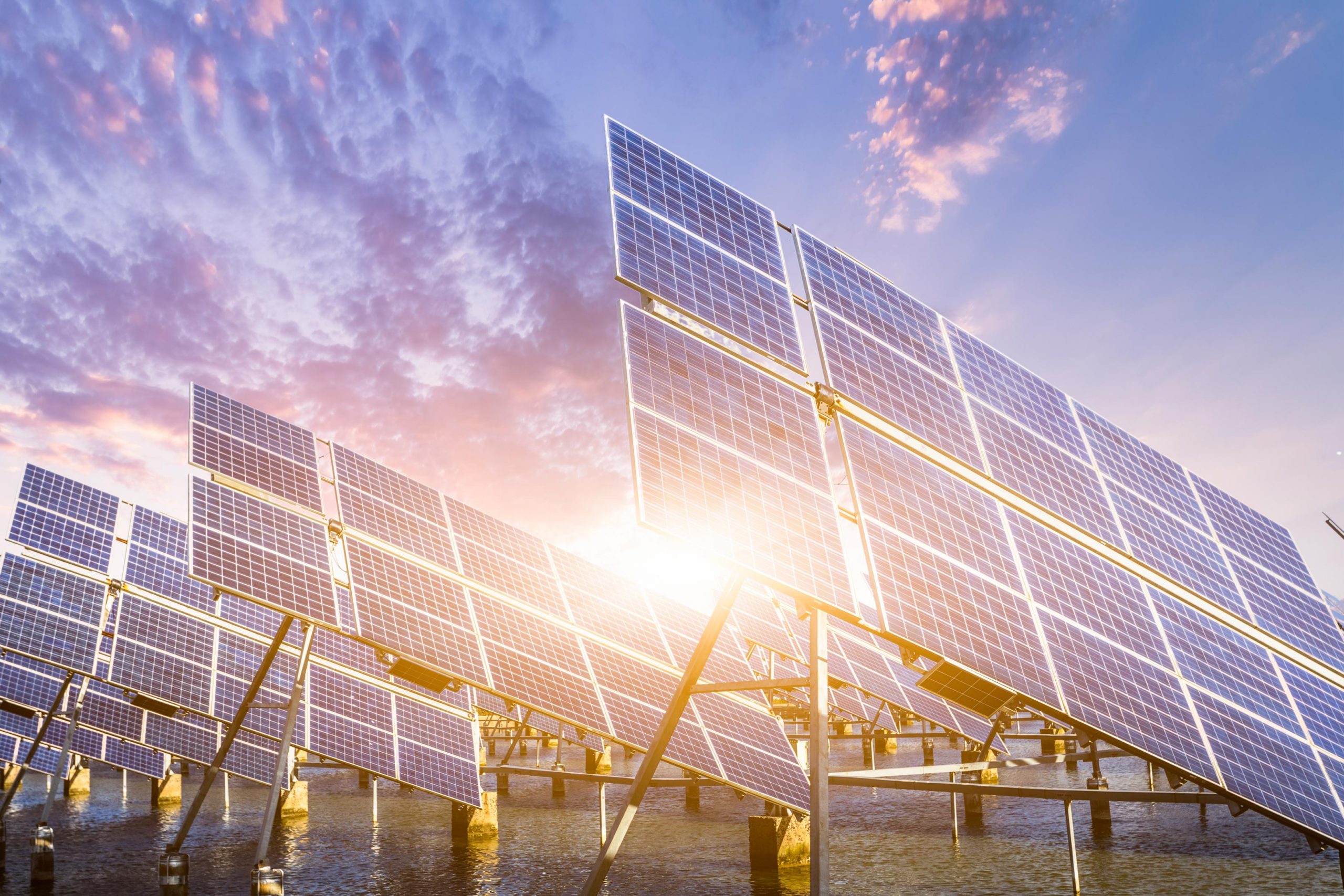In a period where the need for clean, sustainable energy is growing, solar panels have become a game-changer. These streamlined and effective devices have actually reinvented the method we harness energy from the sun. With improvements in technology and increasing environmental awareness, solar panels are poised to become the foundation of our future energy landscape. This article explores the transformative potential of solar panels and the key reasons that they hold the secret to a sustainable and brighter future.
Harnessing the Power of the Sun: Solar panels allow us to tap into the large potential of solar energy. The sun, our ultimate renewable resource source, produces an extraordinary amount of power that can be utilized to produce electrical power. Photovoltaic panel, likewise referred to as photovoltaic panels, are developed to absorb sunshine and transform it into functional electrical power. As long as the sun continues to shine, we have a practically limitless source of tidy energy at our disposal.
Developments in Solar Technology: Over the years, there have been substantial improvements in photovoltaic panel innovation, making them more effective and budget friendly. The performance of photovoltaic panels has actually significantly improved, allowing them to convert a higher portion of sunshine into electrical energy. In addition, research and development efforts have resulted in the development of new materials and manufacturing methods that have decreased the cost of production. As a result, solar panels have actually ended up being significantly accessible to a wider series of individuals and services.
Renewable and Environmentally Friendly: One of the most substantial advantages of solar panels is their eco-friendly nature. Unlike fossil fuels, which are finite resources that contribute to climate change, solar energy is sustainable and releases absolutely no greenhouse gases throughout operation. By utilizing solar power, we can minimize our reliance on nonrenewable fuel sources and reduce the ecological impact related to their extraction and combustion. Solar panels provide a tidy and environmentally friendly alternative that assists battle climate modification.
Energy Independence and Resilience: Solar panels use the possibility of energy self-reliance and strength. By generating electricity on-site, people and businesses can minimize their dependence on the traditional power grid. This decentralized energy production helps mitigate the threat of power failures and grid failures, supplying higher stability and resilience throughout natural disasters or emergencies. In addition, excess energy produced by photovoltaic panels can be stored in batteries, permitting power schedule even during nighttime or cloudy days.
Task Creation and Economic Opportunities: The prevalent adoption of photovoltaic panels has the prospective to produce considerable economic chances. As the solar industry continues to grow, it creates tasks in manufacturing, installation, upkeep, and research and development. These job opportunity cover numerous ability levels and contribute to local and nationwide financial advancement. Furthermore, the solar market draws in financial investment and promotes development, additional driving financial growth and technological developments.
Energy Affordability and Cost Savings: Solar energy offers long-term expense savings, making it an appealing alternative for house owners and companies alike. When set up, photovoltaic panels create electricity at no extra fuel cost. As utility costs continue to rise, using solar energy can lead to considerable cost savings on electricity bills. In addition, lots of nations and areas use incentives, such as tax credits and net metering, which further improve the financial benefits of adopting solar energy systems.
Scalability and Integration: Solar panels are highly scalable and can be deployed on a variety of scales, from little residential installations to massive solar farms. This flexibility makes it possible for solar power to be incorporated into existing facilities, such as roofs, parking area, and even windows. As photovoltaic panel innovation advances, we can anticipate to see more innovative applications and styles that perfectly mix into our metropolitan environments, taking full advantage of energy generation prospective. You will find expert advice on local solar repairs adelaide at https://farkusblog.blogspot.com/2023/06/the-importance-of-timely-solar-repairs.html
Conclusion: Solar panels have become the embodiment of a sustainable and future-oriented energy solution. With their capability to harness the power of the sun, improvements in technology, and various environmental and economic benefits, they are reshaping the international energy landscape. As we continue to purchase renewable resource sources, solar panels provide a feasible pathway to minimize carbon emissions, foster economic development, and ensure a greener future for generations to come. It's time to accept solar energy and make the most of this abundant and tidy resource.
Source of information:

https://www.trvst.world/renewable-energy/a-brief-history-of-solar-energy/
